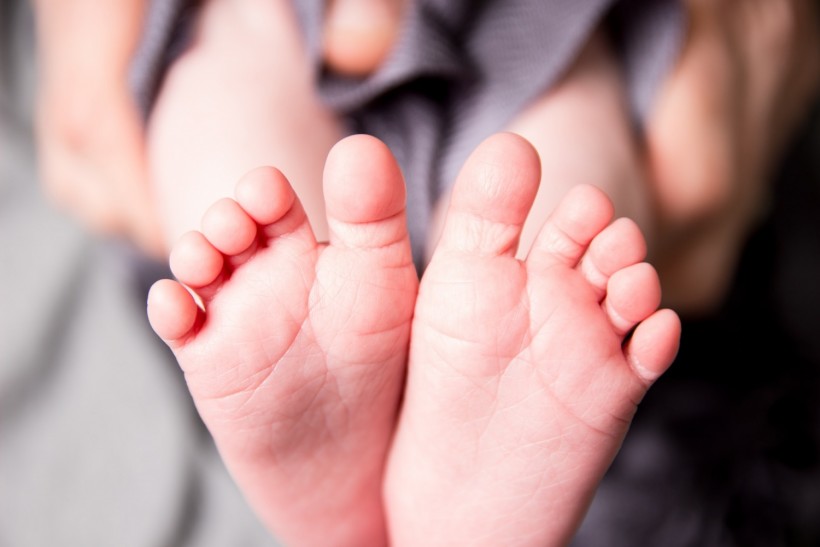
(Photo : Tucker Good on Unsplash)
Fertility problems are increasingly becoming a big challenge to couples in the U.S. While many factors cause infertility, most women and couples seeking help for fertility issues are surprised to know their problems aren't because of medical conditions, such as PCOS or low sperm count in men.
In most cases, fertility issues are caused by psychological and lifestyle factors that directly compromise female sexual health. Women looking for solutions on how to increase female libido quickly should also start by evaluating their lifestyle choices. Fortunately, these factors are within your control, and making better choices can improve your situation. Lifestyle factors affecting female fertility include:
1. Nutrition
While research on how nutrition affects female fertility remains limited, endless studies link balanced diets to optimal body functioning and well-being. Unfortunately, because of limited evidence, no specific fertility diet can help women with fertility issues conceive. You should remember that body systems perform optimally when fueled with the right nutrients, and sexual and reproductive systems aren't an exception. A good diet should include:
-
Whole grains
-
Healthy fats
-
Fruits and vegetables
Similarly, you should avoid refined and processed products with preservatives, sugars, and unhealthy fats.
2. Body weight
More than 6 million women of reproductive age in the United States find it difficult to conceive and maintain pregnancy because of obesity or being overweight and underweight. Body weight can affect fertility by directly influencing estrogen production and regular ovulation.
Regular ovulation heavily relies on estrogen production in the body. However, obesity comes with an increase in estrogen production, impairing ovulation. Similarly, underweight women cannot produce sufficient estrogen levels to support ovulation. If you are at either end of the spectrum, working towards achieving a healthy weight can restore regular ovulation and increase the chances of conceiving.
3. Smoking and alcoholism
Becoming an alcoholic during pregnancy endangers the life of the mother and unborn baby. Recent studies have also shown that alcoholism negatively affects a woman's fertility. While studies on the direct effects of alcoholism on fertility remain inconclusive, alcohol is thought to interfere with normal ovulation in various ways.
That aside, smoking might be the reason behind your failed conceptions. Cigarettes contain tobacco, which negatively affects female sexual health. Tobacco depletes female eggs, promotes premature aging of the ovaries, and increases the risks of ectopic pregnancies. Avoiding smoking and alcohol drinking improves your sexual health.
4. Exercise or physical activity
You should exercise regularly to maintain a strong and healthy body and other benefits. However, you should avoid intensive exercise regimens if you are trying to get pregnant. Strenuous exercises can affect normal ovulation and reduce progesterone production. Even if you are trying to lose or maintain weight, you should stick to moderate exercises.
Endnote
Fertility problems, especially among women, are becoming prevalent in modern society. Even if starting a family is not your current priority, you should be concerned with your fertility if you want kids in the future. You can make better lifestyle decisions today by knowing how these lifestyle factors affect conception in the future.
* This is a contributed article and this content does not necessarily represent the views of hngn.com








